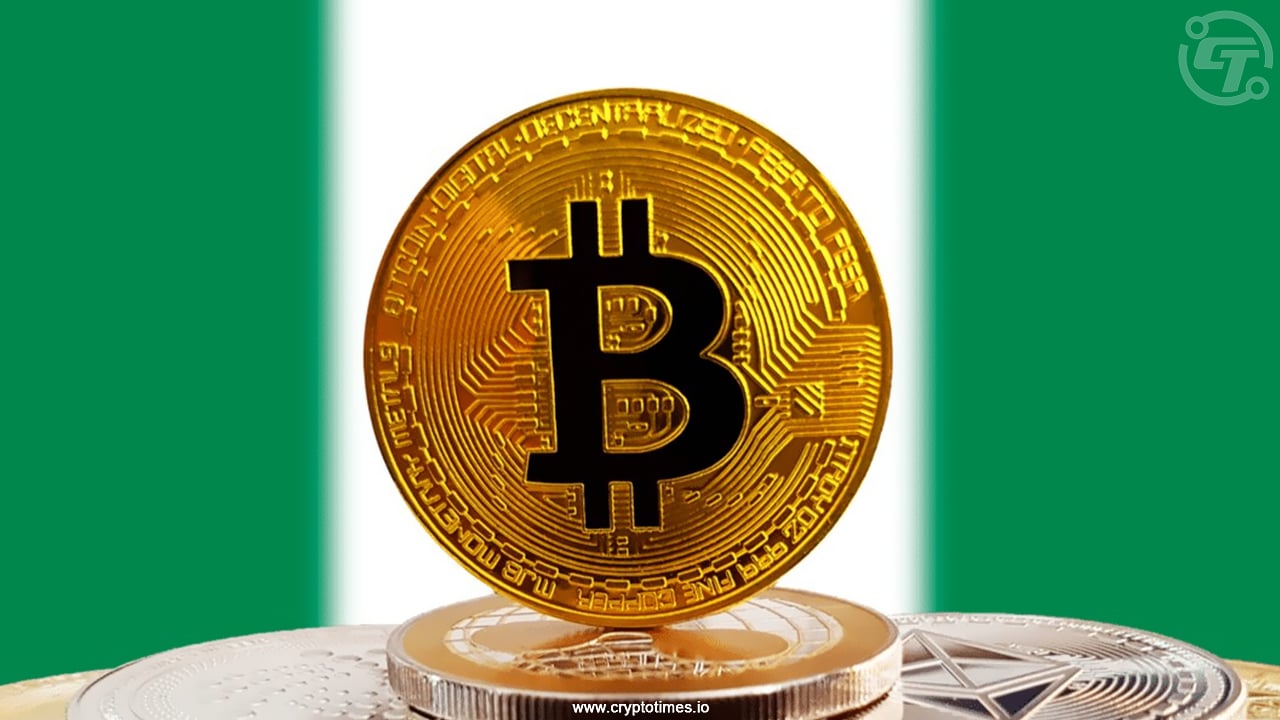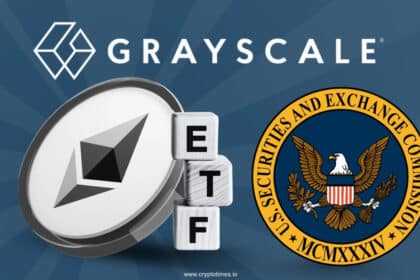The Central Bank of Nigeria (CBN) is teaming up with the U.S. Securities and Exchange Commission (SEC) to build a clear and sustainable framework for digital currencies in the country.
According to a report, Governor Olayemi Cardoso said so at her Lagos Business School annual lecture, stressing that there was a need for clear and sustainable regulations for the fast-developing crypto economy.
Cardoso highlighted that innovations in cryptocurrencies, fintech, and blockchain are likely to shape Nigeria’s future currency policies. “We are deeply collaborating to ensure all regulatory angles are covered and the process is sustainable,” he said, stressing that coordinated regulation is key to protecting investors while supporting innovation.
The governor also reflected on Nigeria’s earlier challenges with crypto. A few years ago, the country became one of the world’s largest hubs for digital asset trading, which created difficulties for regulators trying to monitor coin exchanges. This surge in adoption, particularly among young Nigerians, demonstrated the growing influence of digital currencies in the country.
In early 2021, the CBN instructed banks to discontinue providing services to crypto exchanges and their customers, even to close existing accounts. The action was to minimize risks such as money laundering and terror financing, while consumer protections for digital assets were still lacking.
The CBN removed the ban on digital assets in December 2023. It also made guidelines for banks on how to work with Virtual Asset Service Providers (VASPs). Cardoso went on to say that now that stable policies and continuous reforms have given investors trust in Nigeria’s economy again, they are taking notice.
In the meantime, the SEC is creating regulations to tax eligible cryptocurrency transactions to integrate digital assets into the country’s official financial system.
Also Read: CBI Conducts Searches in HPZ Cryptocurrency Token Fraud Case











